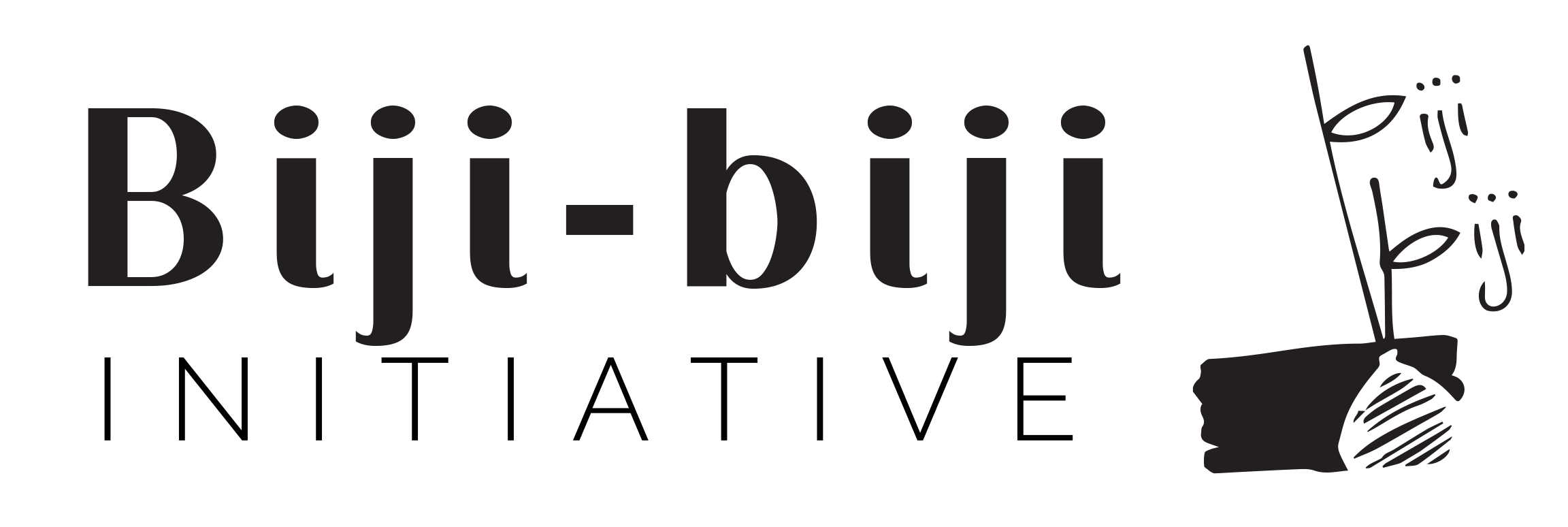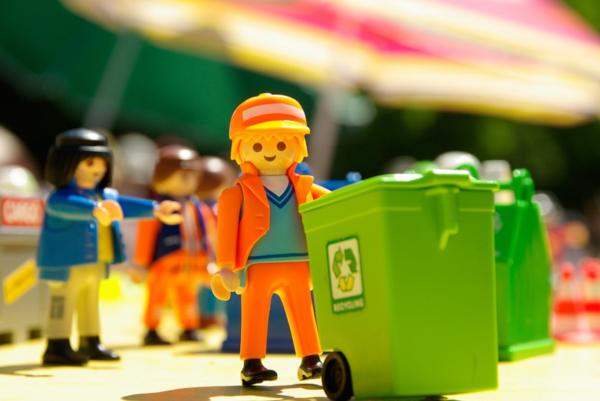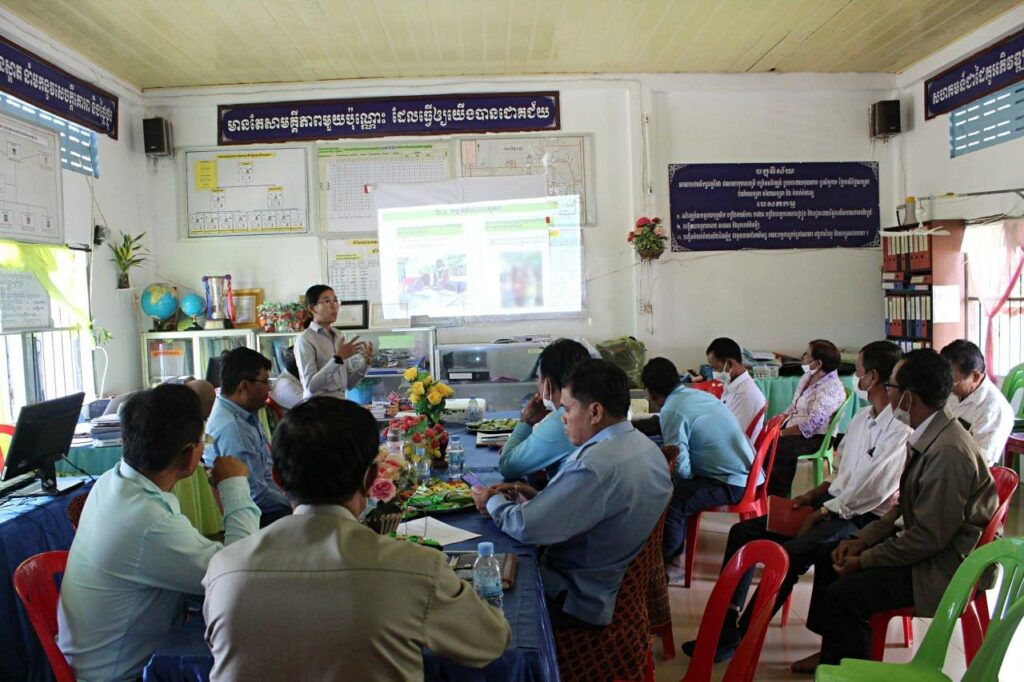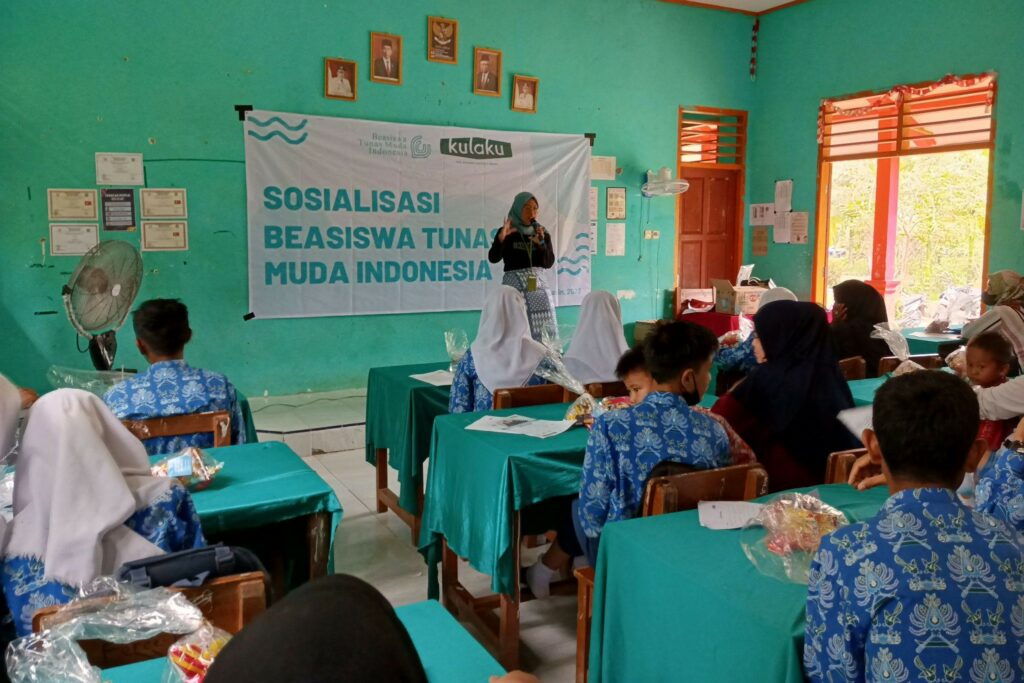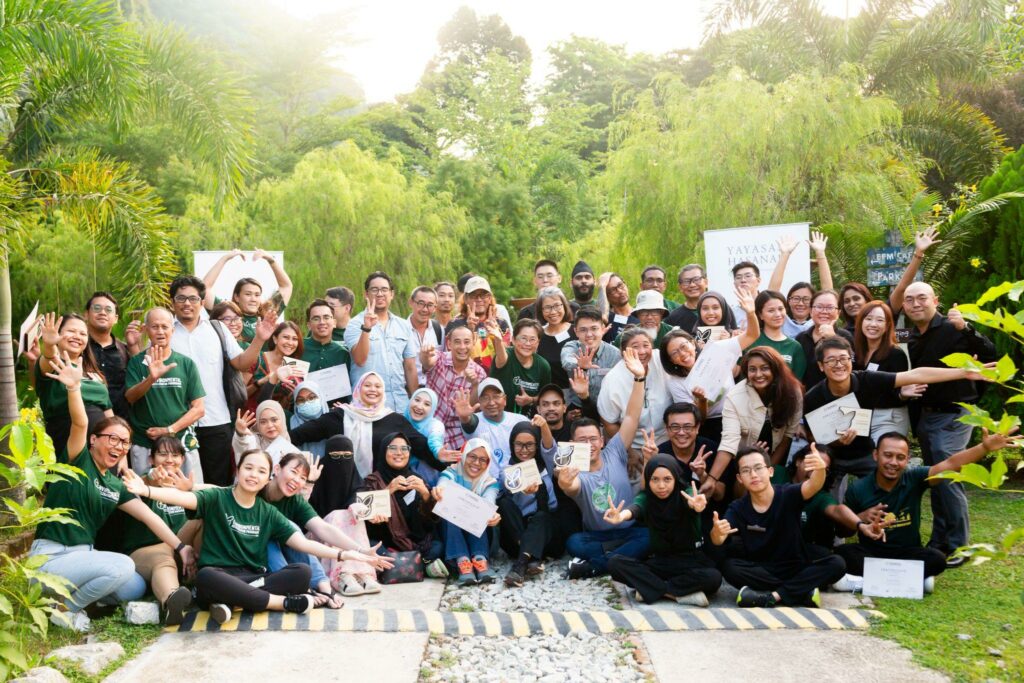By: Janak Preet Kaur
There are several different types of waste management which can be divided into three categories: wastewater, air pollution and solid waste management. At Biji-biji, we focus on solid waste management as we produce the most waste in this area. Although we do produce small amounts of wastewater, from our manufacturing activities (paints and primers), efforts to minimise this type of waste require us to rely on third parties such as wastewater treatment plants.
There are several methods that can be taken into account when devising a strategy to manage solid waste. These include reducing, reusing, recycling (which includes upcycling and downcycling) and finally, disposing. For Biji-biji, recycling is our most popular management method, particularly upcycling. Thanks to our passionate team members and partners, we are able to give most of our solid waste a new life.
Our friends at iCycle have helped us take our waste management one step further by providing us with a recycling service which recycles almost everything! Keeping in mind our sustainable mission, we also aim to tackle the few waste exceptions that can’t be recycled; this includes wood, food, paper cups and tissue.
Sustainable Development Goals
Waste management plays a major part in achieving sustainable development goals (SDGs). At Biji-biji, we try to implement SDG’s into every activity, project, product or event. We identified two SDGs which require proper waste management to be achieved. These are SDG 3 and SDG 12.
SDG3

SDG 3 is to ensure and promote healthy living and well being for all. This can be achieved by identifying and minimising hazardous waste by finding alternatives materials to use. It also includes proper disposal of waste materials as many materials, though seemingly harmless, end up being deposited in landfills which allows them to seep hazardous chemicals into our precious soil.
SDG12

SDG 12 is to ensure sustainable production and consumption. There are several indicators which relate to this SDG. However, with regard to waste management, this can be achieved by reducing, recycling and reusing waste that has been generated through production, design, prototyping, manufacturing etc.
The Challenge
Although many people make an effort to manage their waste, most people accept that some waste will always remain; it seems impossible to attain zero waste. To this notion we say adieu! Biji-biji aims to ensure an end-to-end solution within our organisation: we can’t wait for the day we can proudly call ourselves zero-waste!
A major challenge to waste management is that non-recyclable materials. do exist. To understand how we can tackle non-recyclable waste materials, it is important to understand why they can’t be recycled in the first place.
For wood, it’s financially unfeasible and logistically difficult to recycle wood as there is a risk of the wood decomposing. For food, well, it would be terribly gross if we tried to recycle food! For tissue, it is reached the final cycle of paper recycling; at this stage, the paper is so fine that it will degrade before it can be effectively recycled. Finally, paper cups can’t be recycled due to their plastic inner-lining.
The Solution

By using reductive and composting methods, we hope to tackle the non-recyclable waste problem. Landfilling is not an option for us. Although the materials can decompose, the current state of our landfills make it difficult for “clean” decomposition to occur due the lack of oxygen present in the landfill. This condition causes anaerobic digestion which produces smelly and toxic sulphides, as well as greenhouse gases such as methane. Ultimately, this recipe brings about a waste of space and air pollution.
We are on the lookout for wood and food waste solutions (ie. agrowaste to charcoal and composting machines). We are also on the lookout for third parties and clients who are interested in reducing their wood and food waste as, not only do we want to manage our own waste, but we also want to help other companies to reduce their waste.
To handle the paper cups, we plan to reduce our waste by sourcing fully compostable paper cups. Though these cups also have linings, they are made from organic materials such as starch which allows the cups to be fully compostable and eliminate the need to separate the cup and lining. Unfortunately there are few suppliers in Malaysia, however we have managed to find a supplier and are continuously keeping an eye out for more suppliers as this is a market we are happy to support. Once we procure the compostable cups, we plan to also put them through the composting machines, after use. Of course, if reusable cups can be used, then, we will use them instead of compostable cups.
How Can You Make A Difference?

If you are interested in getting involved with waste management to reduce the impact created by your organisation, company or even your household, we can help! For items that are recyclable, we can connect you with iCycle by acting as referrals. For non-recyclables, we can connect you to the relevant solution providers. For food waste, we can advise you on how best to set up your own composting station. For wood waste, we plan to create charcoal as there are many groundbreaking technologies underway that allow us to create charcoal from agrowaste in an efficient and low energy manner. For paper cups, we plan to eliminate the recycling issue by procuring fully compostable cups, which we also hope to compost along with our food waste.
If these solutions excite you, get in touch with us and we will point you in the right direction! Or, if you have a different solution in mind, do let us know and we will look into it. Or maybe you have come up with a solution, but don’t have enough support? We can help! As mentioned in the above, we are happy to connect clients and solution providers or provide exposure to your products/services. Just send an email to [email protected] detailing the nature of your solution, the impact area and what you hope to achieve with it, and we will connect you to the right opportunities.
